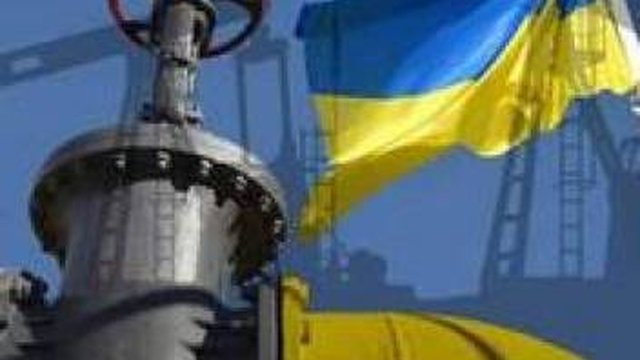Naftogaz requests leave to intervene in OPAL lawsuit initiated by PGNiG

National joint-stock company Naftogaz Ukrainy has appealed the General Court of the Court of Justice of the European Union (CJEU) with a request for leave to intervene in the case initiated by Poland's PGNiG Supply & Trading (PGNiG ST), which challenges the decision of the European Commission of 28 October 2016 related to the OPAL pipeline. The decision effectively enables Russia's Gazprom to significantly increase the use of OPAL capacity and deliver more gas through the Nord Stream pipeline.
The press service of Naftogaz said that according to the CJEU’s Statute, a legal entity may join a case before the CJEU where it can establish an interest in the result of a lawsuit submitted to the court.
Naftogaz has applied for intervention with the reference to the court’s previous jurisprudence and potential negative consequences of the European Commission’s decision for the company, namely decrease in natural gas transit through Ukraine, threat to the stability of gas supplies to Ukraine because of possible interruption of gas flows from Poland, impaired competitive position of Naftogaz, unexpected change in regulatory and market conditions for the company.
"Joining the case initiated by PGNiG ST will enable Naftogaz to present additional arguments and gain access to the case files. The request by Naftogaz is now awaiting consideration in the court," the press service said.
As reported, the European Commission on October 28, 2016 allowed Russian gas giant Gazprom to increase its quota in the throughput capacity of the strategic OPAL gas pipeline in Germany.
On December 4, 2016, PGNiG ST brought an action against the European Commission’s decision. The company challenges the decision as it suffers from the lack of competence and contradicts the principles of legal certainty, legitimate expectations and proportionality. Furthermore, the decision is not in line with the EU policies and violates the Ukraine-EU Association Agreement.
On December 23, 2016, the decision of the European Commission was suspended; however, the final judgment on whether it complies with the EU legislation is still to be made.








